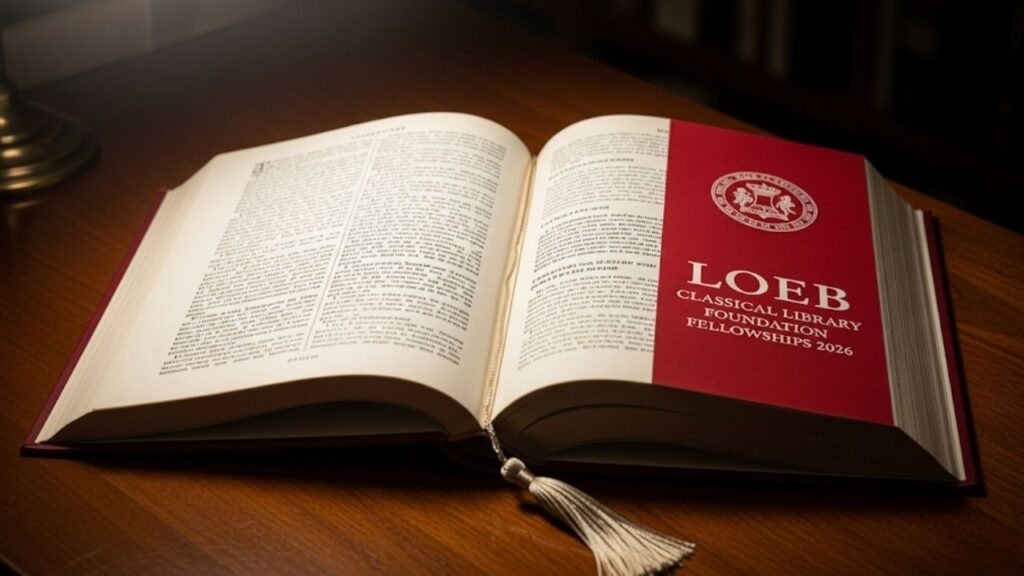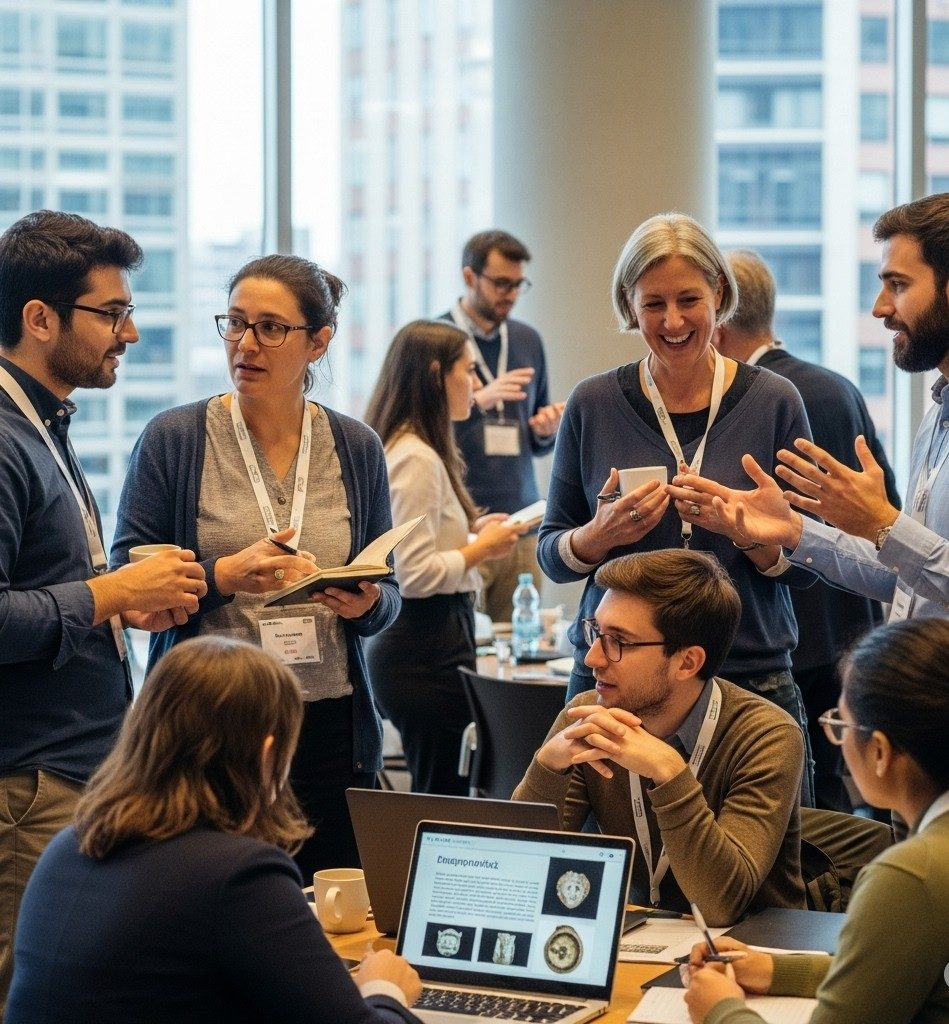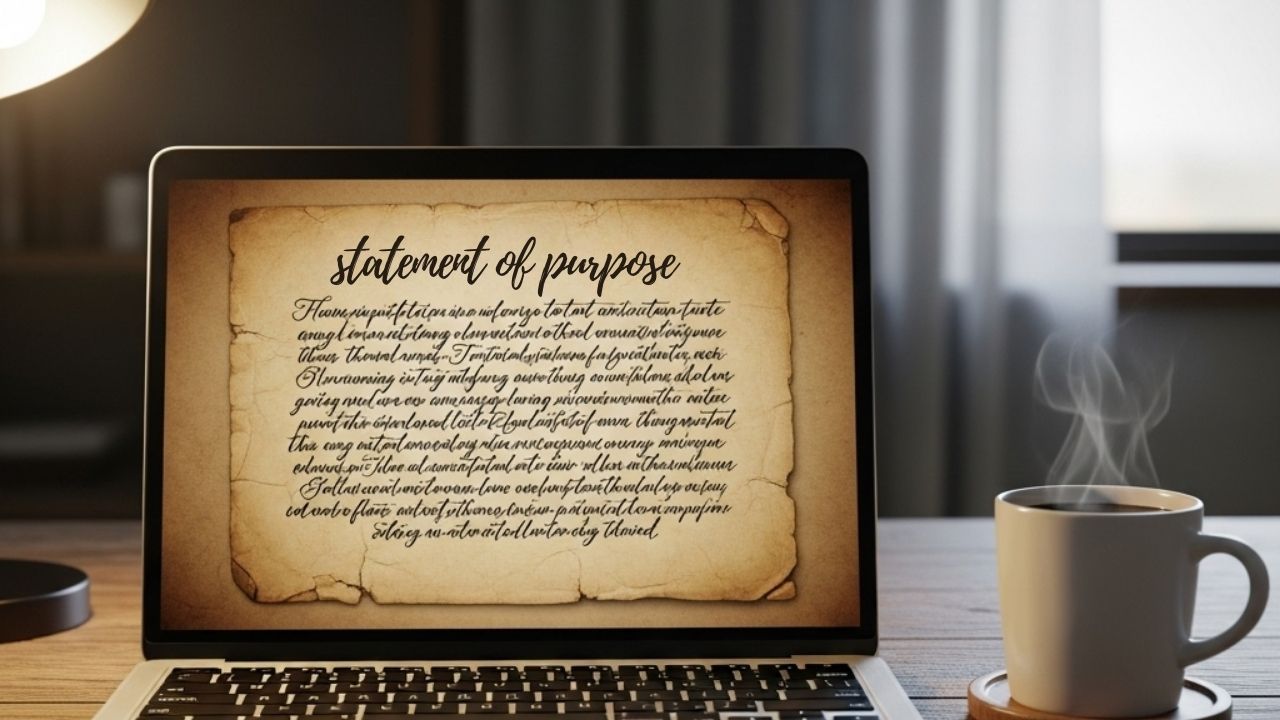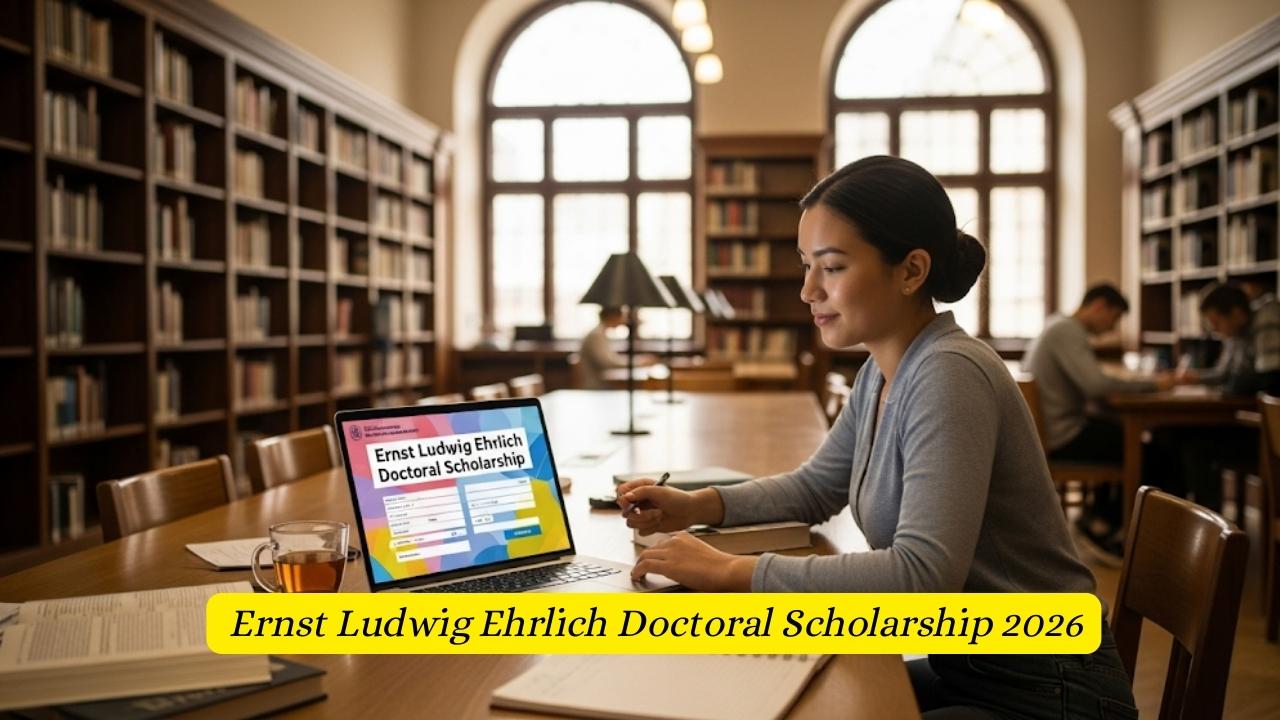Securing funding for a significant research project in classical studies can feel like a monumental task, but the Loeb Classical Library Foundation Fellowships 2026 offer a beacon of hope for dedicated scholars. This prestigious fellowship is more than just a grant; it’s an opportunity to join a legacy of academic excellence and receive the support you need to bring your research to fruition. This guide is designed to cut through the complexity, providing you with a clear, step-by-step roadmap to successfully navigate the application process. We’ll cover everything from eligibility to crafting a winning project description, all with the aim of helping you take this crucial next step in your career.

The Loeb Classical Library Foundation Fellowships 2026 represent a significant opportunity for scholars to advance their research and contribute to the field of classical studies. The application process, while rigorous, is a chance to refine your ideas and articulate the value of your work. By carefully preparing your project description, gathering your materials, and engaging with your referees, you can present a compelling application that stands out. Start preparing your materials now, and take the first step toward a transformative research year.
What the Loeb Classical Library Foundation Fellowship Offers
The Loeb Classical Library Foundation (LCLF) has a long and storied history of supporting the humanities. Founded by James Loeb in 1911, the foundation’s primary mission is to make ancient Greek and Latin literature accessible to a wider audience through its famous dual-language editions. The fellowships are a direct extension of this mission, channeling the library’s profits back into the academic community.
These fellowships are not a one-size-fits-all award. They are designed to support a wide array of projects, from publication subventions to travel for library research, and even the enhancement of a sabbatical. Individual awards can range from modest to substantial amounts, up to $40,000, and are tailored to the specific needs of the project. I’ve seen many successful applicants use this funding to bridge gaps in their research budgets, hire student assistants, or secure the time needed to write a book. The flexibility is a key strength of the program.
Eligibility: Are You the Right Candidate?
Before you even begin to draft your application, it’s crucial to confirm your eligibility. The Loeb Classical Library Foundation Fellowship is specifically for qualified scholars and faculty members.
- Faculty Status is Key: To apply, you must have faculty or faculty emeritus status at a college or university at the time of your application and for the duration of the fellowship.
- Project Types: The fellowship supports a variety of projects in classical studies. This includes, but isn’t limited to, archaeological excavations, research travel, and the costs associated with publication.
- Sabbatical Enhancement: If you are seeking funds for a sabbatical, you must not have had a full-year funded sabbatical or research fellowship in the three academic years preceding the one for which you are applying. For the 2026-27 fellowship, this means you should not have had one in 2023/24, 2024/25, or 2025/26.
- Previous Awardees: There are also limits on how often you can receive funding. You cannot receive more than three consecutive fellowships, or more than three fellowships within any five-year period.
Navigating the Application: Your Step-by-Step Guide
The application process is handled through the online platform Interfolio, which makes submitting your materials straightforward and free of charge. Here’s a breakdown of the components you will need to prepare for your application to the Loeb Classical Library Foundation Fellowships 2026.
The Project Description: Your Research Story
This is the heart of your application. Your project description should be a compelling narrative that not only outlines your research but also persuades the committee of its importance and feasibility. It must be between 500 and 2,000 words.
Think of it as a story. What is the central problem or question you are addressing? Why is it significant to the field of classical studies? What new insights will your research bring? Be specific about your methodology, your timeline, and the expected outcome of the project. If your project is part of a larger, ongoing effort, you should explain your specific contribution.
The Curriculum Vitae (CV) and Itemized Budget
Your CV is a professional snapshot of your career. The LCLF requires a CV that lists your publications and scholarly activities, with a maximum length of six pages. This document demonstrates your expertise and track record.
The itemized budget is equally important. It should clearly and specifically outline the total funding you are requesting and what each dollar will be used for. The LCLF website provides clear examples of what is considered an appropriate use of funds, such as research materials, conference attendance, or even reasonable payment for student research assistants. An important note: if you are applying for sabbatical support, you do not need to provide a budget.
Letters of Recommendation: The Three-Referee Rule
You will need to secure three confidential letters of recommendation. These letters must be submitted directly by your referees through the Interfolio system. I’ve found that giving your recommenders plenty of time is crucial. Share your project description and CV with them so they can write a strong, detailed letter that speaks directly to your capabilities and the value of your project.

A Few Key Application Tips
- Be Specific and Clear: Avoid vague language. When you describe your project, use specific verbs and vivid nouns. Instead of “I will study ancient texts,” try “I will analyze the use of metaphor in Seneca’s tragedies to better understand Roman Stoicism.”
- Show, Don’t Just Tell: In your project description, demonstrate your passion and expertise. Connect your project to the broader conversations happening in classical studies.
- Timing is Everything: The application deadline for the Loeb Classical Library Foundation Fellowships is typically in mid-November. Make sure you submit your materials well in advance of the deadline, and be sure to give your referees plenty of time to submit their letters. The letters are a required part of the application, and it cannot be submitted without requests for all three.
What Happens After You Apply?
Once you have submitted your application, the selection committee at Harvard University reviews all the materials. Fellowship decisions are typically announced by the end of February. All applicants, successful and unsuccessful, will be notified via email.

Your Ultimate Guide to the HISA Youth Fellowship 2025 at the University of Oxford
Your Guide to Winning the E. Allison Peers Masters Scholarship 2025 at the University of Liverpool
FAQs
Q1: What is the exact application deadline for the Loeb Classical Library Foundation Fellowships 2026?
The general deadline for applications is in mid-November. The specific date for 2026 may vary slightly, but it’s crucial to check the official LCLF website for the most up-to-date information and to give yourself ample time to complete the process. For the 2025 cycle, the deadline was November 14th.
Q2: Can I apply for a project that isn’t directly related to ancient texts?
While the foundation’s mission is rooted in classical studies, the fellowships support a range of projects. This can include archaeological excavations, dramatic productions of ancient works, and other projects related to the ancient world. The key is to demonstrate how your project contributes to the field of classical studies.
Q3: Do I need to be a U.S. citizen to apply?
No, the Loeb Classical Library Foundation Fellowships do not have citizenship requirements. They are open to qualified scholars worldwide.










